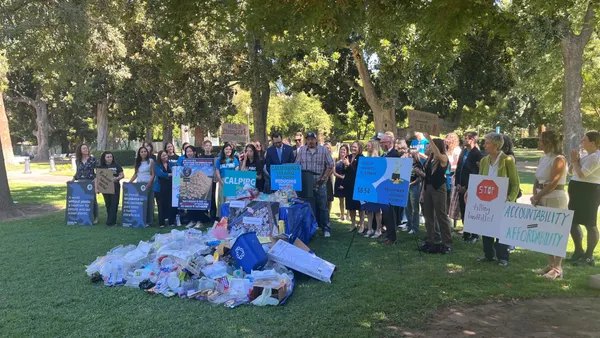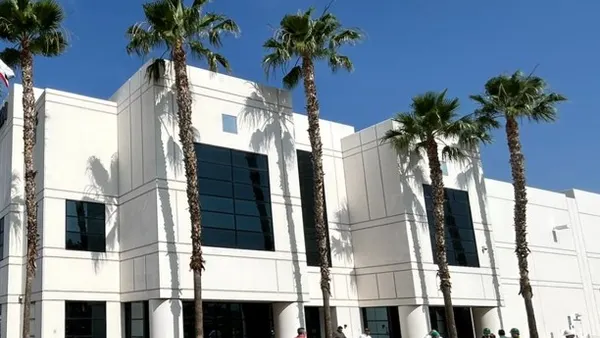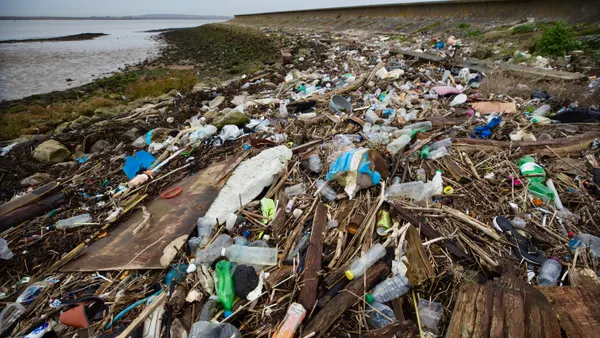Dive Brief:
- The Environmental Research & Education Foundation (EREF) and Keep America Beautiful (KAB) have signed a memorandum of understanding that will lead to collaboration on food waste research and education in K-12 schools.
- This will help support EREF's ongoing School Cafeteria Discards Assessment Project (SCrAP) to quantify school waste. The two groups will work together on collecting and analyzing data, developing educational tools and sharing best practices with schools for waste reduction.
- EREF will help promote KAB's Recycle-Bowl competition, which starts Oct. 16, with a particular focus on food waste. KAB will also help recruit schools for EREF's SCrAP program.
Dive Insight:
EREF's SCrAP program was launched last summer — also with support from the School Nutrition Foundation and World Wildlife Fund — to better quantify the amount of waste being generated at the K-12 level around the country. This is seen as an area lacking in data, so EREF set out to work with hundreds of schools for a better understanding. Participants were asked to fill out questionnaires and schools that were willing to take additional time were asked to periodically weigh their waste. In return, schools receive educational materials and are entered to potentially win up to $1,500 in prize money.
Results from the initial 2016-2017 school year haven't been announced yet, so the extent of participation is still unclear. By engaging with KAB, and its wide network of school partners in the Recycle-Bowl, EREF has the opportunity to capture much more data. This type of collaboration that can help share expertise and connections isn't uncommon for either group.
Many schools are still not maximizing their diversion efforts due to the fast-paced nature of K-12 cafeterias, overstretched staff and inconsistent signage or messaging. In recent years, some larger cities have teamed up to move away from polystyrene trays and others have expanded their organics diversion programs to public school systems. Some have even rethought their entire menus to increase nutritional options and reduce waste. All of this work is seen as especially beneficial, because in addition to reducing costs for schools with tight budgets, it can also help ingrain waste education in students from a young age.










